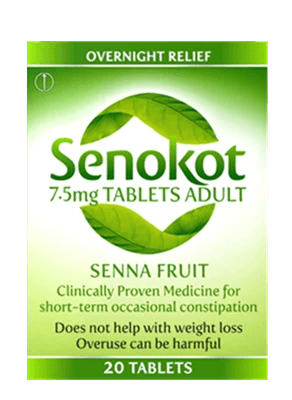Constipation is a commonly encountered problem in children. Constipation in children can be due to the same reasons as in adults - diet, fluid intake, illness or medication, but there can also be some emotional reasons surrounding starting potty training or starting school for the first time. The main thing is not to worry and sort the problem out as quickly as possible.
When a child complains it is painful to go to the toilet, it must be taken seriously. The child will subconsciously hold back the stool to prevent a painful evacuation. As they accumulate in the rectum, only watery stools manage to get through, often by accident - the child may appear to have diarrhoea but it is actually caused by "overflow" constipation. This could leave the remaining stools even drier, harder and more painful to pass.


















